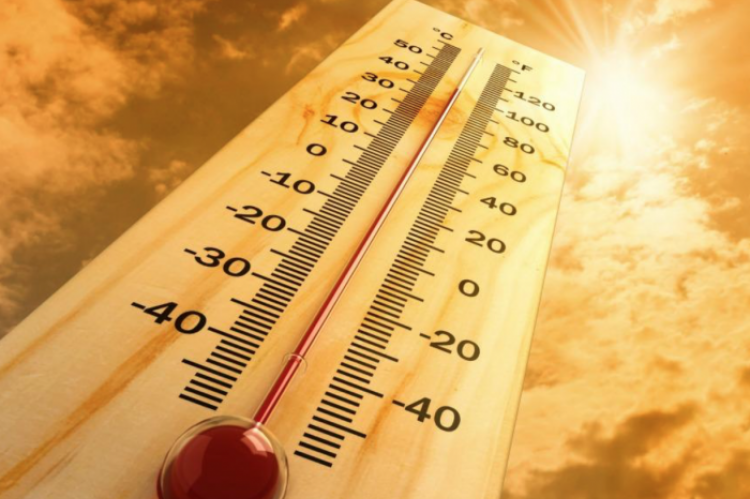Beware the Scorching Sun: Protecting Our Outdoor Workers and Vulnerable Residents from Excessive Heat
Rising temperatures pose severe risks; urgent measures needed to safeguard health.
By: Omar Silva, NP Staff Writer
Belize City: Saturday 10th June 2023
As the mercury soars to alarming levels, the scorching sun becomes an environmental and occupational hazard for our outdoor working class. The soaring temperatures, exceeding 100 degrees in Belize, demand immediate attention. The National Meteorological Service has issued heat alerts and advisories, urging residents to avoid outdoor activities, particularly those inland.
The consequences of excessive heat are far-reaching, impacting various segments of the population. Dr. Marvin Manzanero, an esteemed epidemiologist, warns that both the young and older populations face heightened vulnerability. Furthermore, individuals with chronic conditions, such as diabetes, cancer, and compromised immune systems, must exercise extreme caution as they are at increased risk.
The heatwave poses numerous health risks, ranging from dehydration to life-threatening heat strokes. It is not just the immediate effects that are cause for concern; there are long-term implications as well. Dr. Manzanero emphasizes that climate change will intensify heatwaves and amplify health effects, necessitating the development of measures to mitigate the anticipated rise in health impacts.
In light of these alarming circumstances, it is imperative for both individuals and authorities to take proactive steps to protect against the relentless heat. The Ministry of Health and Wellness advises residents to prioritize hydration and seek shade during these scorching days. However, it is not only the responsibility of individuals to safeguard their well-being; the government and health sectors must play an active role in implementing reactive measures to assist those affected.
To shield our outdoor workers from the sweltering conditions, certain actions can be taken. Hydration should be a top priority, with regular water intake even when not feeling thirsty. Adequate rest in shaded areas is vital for workers to recover from heat stress. Employers should consider adjusting work schedules to avoid the hottest times of the day and provide appropriate training on heat-related illnesses and preventive measures.
The government and health sectors bear a significant responsibility in mitigating the consequences of excessive heat. Developing comprehensive heat emergency response plans, raising public awareness through campaigns, and ensuring healthcare facilities are prepared to handle increased patient inflows during heatwaves are crucial steps. Moreover, targeted support systems for vulnerable populations and integrating heat mitigation strategies into urban planning and infrastructure development will help safeguard the most susceptible.
Our society must unite to combat the rising temperatures and protect the well-being of our outdoor workers and vulnerable residents. With the threat of heatwaves on the horizon, it is imperative that everyone heeds the warnings and acts upon the provided information. Let us collectively take action, for only through proactive measures can we beat the heat and secure a safer future for
- Log in to post comments

